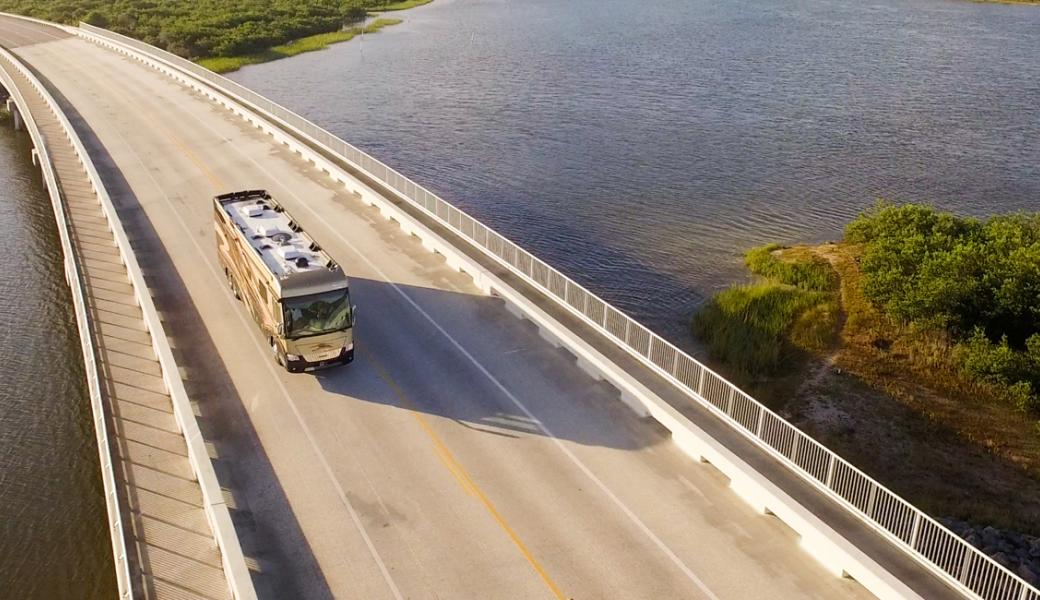RVs Caught In Energy Efficiency Legislation

Whatever the motive for wishing to cut back on energy consumption, whether that be saving a few extra dollars a month on the electric bill or reducing one’s carbon footprint - or both - there has been a growing trend from consumers, businesses and governments toward energy efficiency that is spurring the entry of more energy-efficient appliances across the U.S. market.
The RV Industry Association state government affairs team has been tracking a recent, specific effort in several states to accelerate that trend through legislation. This new legislation would establish energy efficiency standards for appliances in specific states along with establishing other regulatory measures.
Colorado, Connecticut, Hawaii, Illinois and Rhode Island legislatures have all introduced bills this session to establish or update energy efficiency standards that apply to a list of consumer and commercial appliances sold or installed in the state. The energy efficiency standards are generally based on either a state standard or a combination of federal Energy Star specifications, state standards and industry standards.
How Does this Affect the RV Industry?
Many of the bills have some variation of the following language included: “This [section of law] does not apply to: products designed expressly for installation and use in recreational vehicles”.
At first glance, you may say “that sentence obviously excludes all RV appliances,” and that could very well be the intent of the legislation’s sponsors. However, many appliances are not designed “expressly for installation and use in recreational vehicles.” Some appliances installed in an RV are not RV-specifically designed, like a full-sized refrigerator or stove or microwave oven that could also easily be used in a house. Some appliances designed to be installed and used in an RV are also designed to be installed and used in a boat.
This “designed expressly for installation and use in recreational vehicles” phrase could also create regulatory confusion and negatively impact RV manufacturers’ business. For example, questions could arise as to whether it is the OEM’s responsibility to make sure that the washing machine they installed in an RV, that may not be the same brand or model as others they installed in similar units of that line-make, is up to state energy efficiency standards.
Additionally, this new legislation could place the burden on RV manufacturers to be regulated one way, while RV dealers who may sell the RV in a different state that has different standards would be regulated a different way.
Like other state legislative issues that the RV Industry Association has tackled, a simple technical issue in a definition such as this can have a large negative impact on industry unless it is corrected.
The state government affairs team is working with state governments and legislators to ensure RV manufacturers are not unduly affected by this type of legislation. We are also working with other stakeholders to reduce as much as possible the differences among the states in setting the standards for energy efficiency.
For more information on this issue, please contact Government Affairs Director, Mike Ochs at mochs@rvia.org.
Please Sign in to View
Log in to view member-only content.
If you believe you are receiving this message in error contact us at memberservices@rvia.org.
